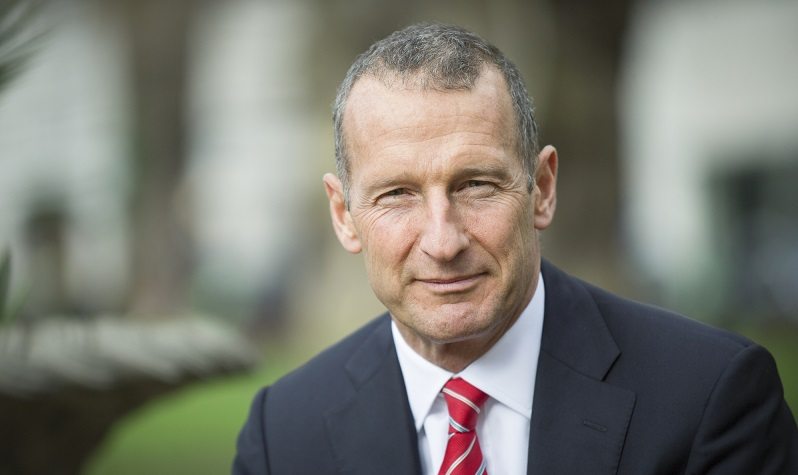Drijkoningen notes that in recent years there has been a change in fortune for the ‘fragile five’ – Brazil, South Africa, Turkey, India and Indonesia – whose current account deficits had become too reliant on foreign investment to finance their growth and threatened economic stability in early 2013.
These issues have now largely been addressed, he believes, yet some weaknesses remain in South Africa and Turkey. The other three, however, have turned a corner and reform is under way, which has improved productivity and growth.
Similarly, he says Mongolia, Sri Lanka, Egypt and Ghana have done well, particularly during the past two years.

In 2013, the ‘taper tantrum’ hit emerging markets hard when developing market stocks plummeted after the Fed said it would wind down its bond-buying programme.
Does today’s rising rate, weak dollar and tapering in the US concern Drijkoningen? He admits potential overheating in the US is a risk for the asset class, given that usually “the more boom you get, the more bust you have after”, but says it is sanguine for now.
“The stimulus in the US is coming when the economy is already running at full throttle, so that makes it a bit riskier down the line, maybe 2019 at the earliest, possibly 2020. We can worry about it later,” he says. “It’s not an immediate concern.”
In the meantime, he believes yields might come under pressure but explains that rising yields have historically been a sign the economy is doing well, which often spells good news for emerging markets.
“Maybe we will see current account deficits in the US starting to widen again, which is maybe bad for the dollar but good for demand and emerging FX.”
Drijkoningen feels there is a misconception in terms of Asia’s powerhouse, China. People from outside the country tend to focus on the currency and are fearful of the leverage. However, while he believes there is the potential for a mild deceleration of growth, both Q4 2017 and Q1 this year surprised on the upside.
“I think there’s an increasing dynamism in the local market that is less well understood by foreign observers, and this allows growth to remain pretty solid. The service sector is continuing to grow as a percentage of GDP and is north of 55%.”
He also notes that China’s debt is largely incurred by state-owned enterprises and extended by state-owned banks, which means the policymakers can “control the problem from both sides of the ledger, which is a big advantage if there is a stress in the system”.
Ethical efforts
Earlier this year Neuberger Berman slammed three of the largest credit ratings agencies over their poor integration of environmental, social and governance (ESG) factors into issuer ratings.
Head of ESG Jonathan Bailey said the firm was “yet to see a credit rating agency publish a transparent and detailed methodology for analysing ESG considerations as part of their analysis”.
ESG factors are clearly a key aspect of the fundamental credit analysis at Neuberger Berman and the team views ESG as an important determinant of a country’s investment destination potential.
The team uses academic literature and its own perspective to identify 15 ESG factors to incorporate in fundamental country analysis, making up 40% of the overall country score. The remaining 60% consists of macroeconomic factors.
These factors cover energy intensity, human development, government effectiveness, political stability, rule of law, corruption levels, ease of doing business, trade openness and banking sector risk.
Taking these factors into account throws up some interesting and less-researched countries. Drijkoningen says his team identified the Ivory Coast in 2012 when the presidential candidate Alassane Ouattara came to power after the civil war.
“Ever since he started to unlock some reforms, the country has been growing very close to double-digit,” he says. “Agriculture was actually the weakest score in our rankings in those days and it’s still weakish, but it has moved up a lot and left a lot of countries behind in doing so.”
He says the company’s model enables it to identify potential early, invest and then sit tight. “We’ve been overweight Ivory Coast since 2012 and we still are.”
On the corporate side, the firm has hooked up with ESG ratings firm Sustainalytics, which covers about 90% of the firm’s emerging markets corporate investment universe. For all of those companies, Sustainalytics gathers data on more than 50 specific factors in each of the ESG groupings.
Article continues on the next page…







